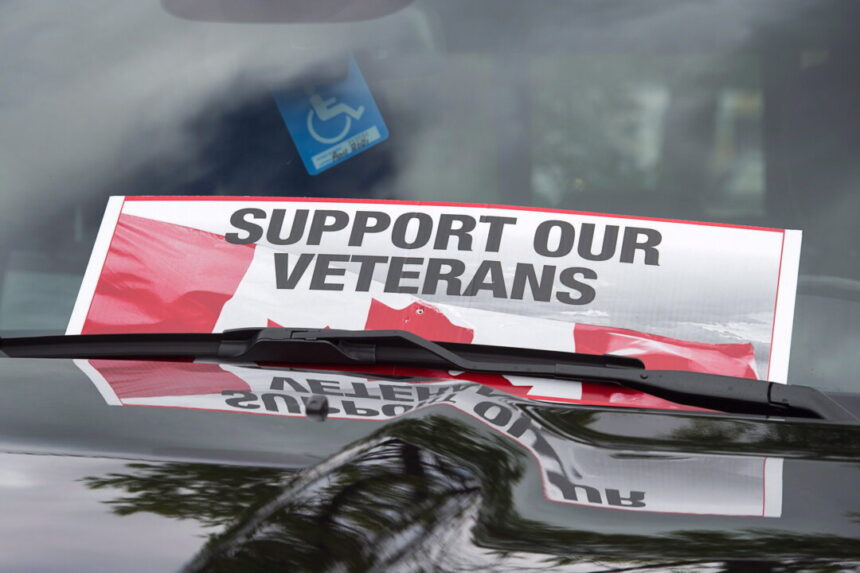A government briefing note revealed that a federal program designed to provide emergency relief to destitute veterans and their families exceeded its budget by 53 percent in the previous year.
The Veterans Emergency Fund (VEF) was established in April 2018 with an annual budget of $1 million. However, in 2023, the actual payout reached $1.53 million, as reported in the briefing note obtained by Blacklock’s Reporter on May 8.
Since its inception, the VEF has consistently faced demand exceeding $1 million annually, with a notable increase from $1.06 million in 2022. The reasons for this surge were not specified in the briefing note.
To address the growing demand, Veterans Affairs Canada had to reallocate internal resources to the fund, as mentioned in the briefing note.
According to records, the Veterans Emergency Fund provided tax-free payments to 938 veterans and their family members 979 times in the 2023–24 fiscal year up to March 1, 2024. A total of $7 million was distributed to veterans and their families between April 1, 2018, and March 31, 2023.
Decision-makers are authorized to approve up to $2,500 annually, or up to $10,000 in exceptional circumstances, per veteran or household within a fiscal year.
The fund specifically addresses essential needs such as food, shelter, clothing, and uninsured one-time medical or dental expenses to prevent crises that could threaten health and well-being. Applicants are not required to access other funds or service programs before applying.
Most payments were issued within two days. Payments are usually made directly to third parties via credit card or cheque. Depending on the situation, direct deposits or cheques may also be issued to the applicants.
When asked how a VEF applicant is assisted over the long term, the briefing note stated that Veterans Affairs Canada refers veterans and their families to additional resources, including case management and rehabilitation services, financial counselling, and Military Family Resource Centres.






